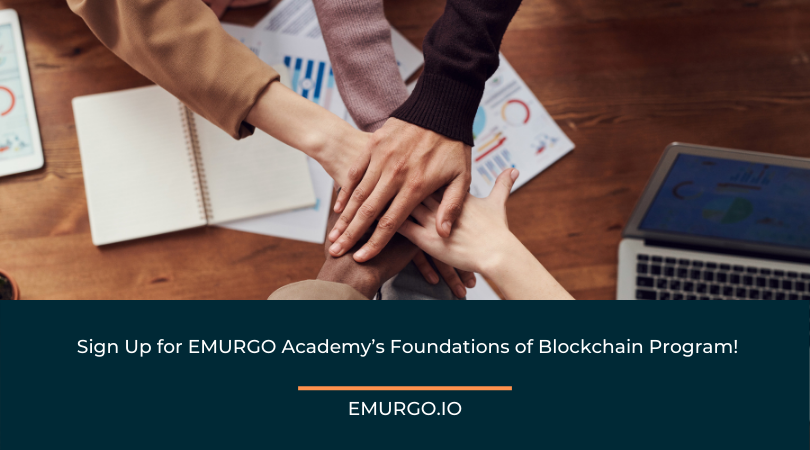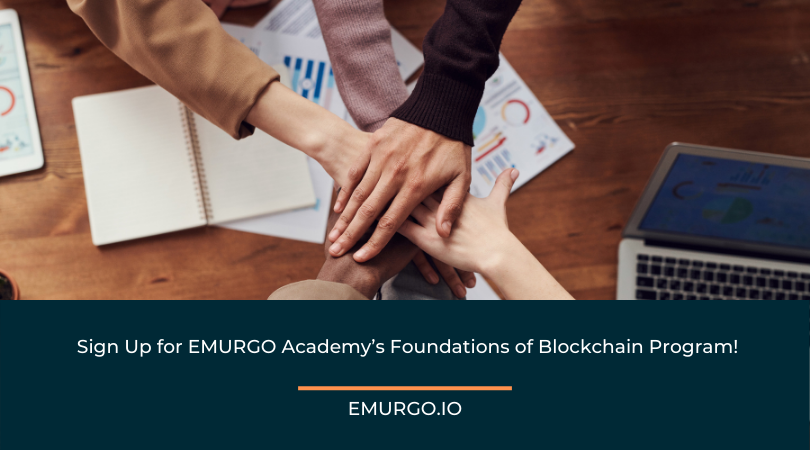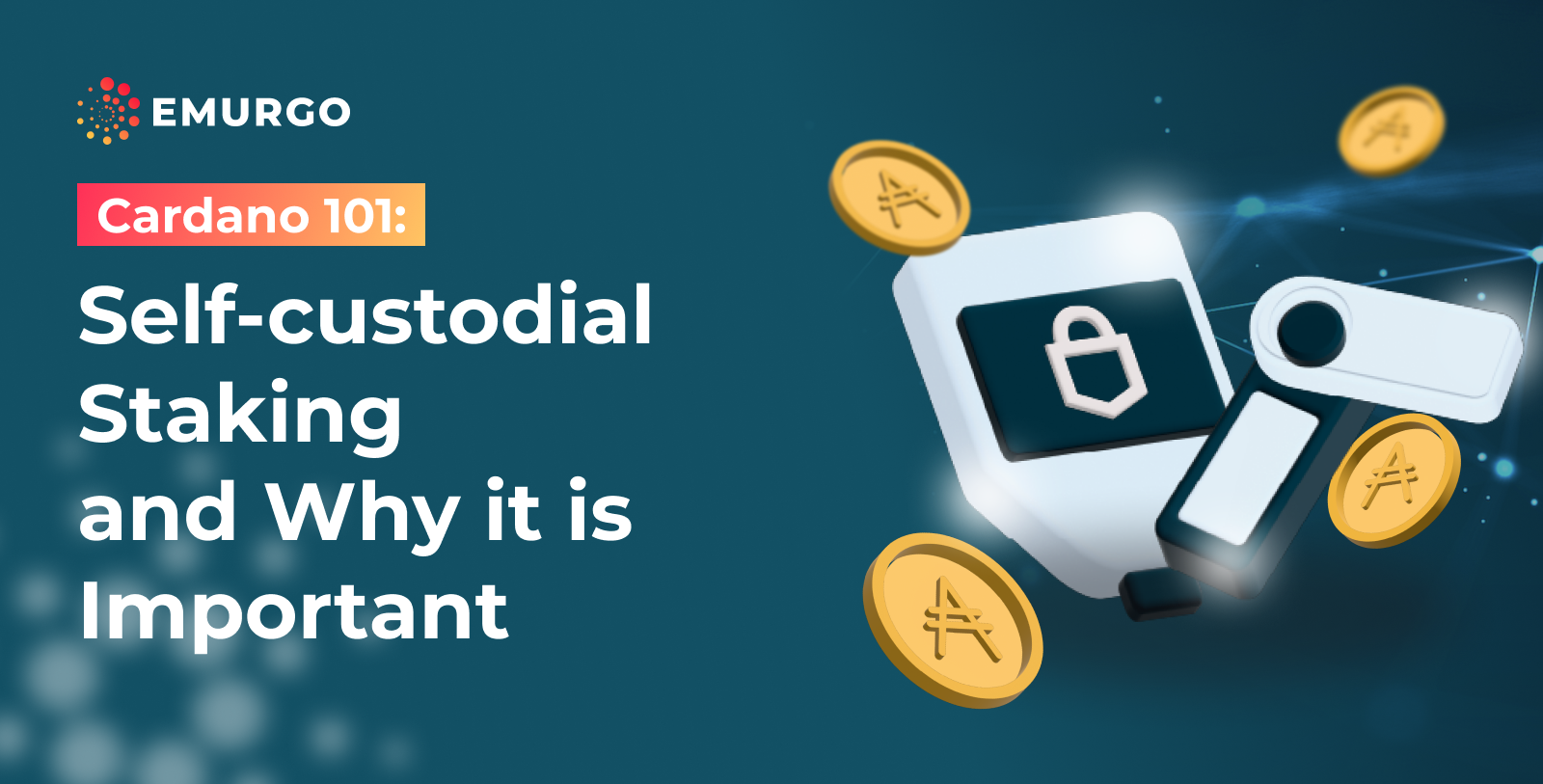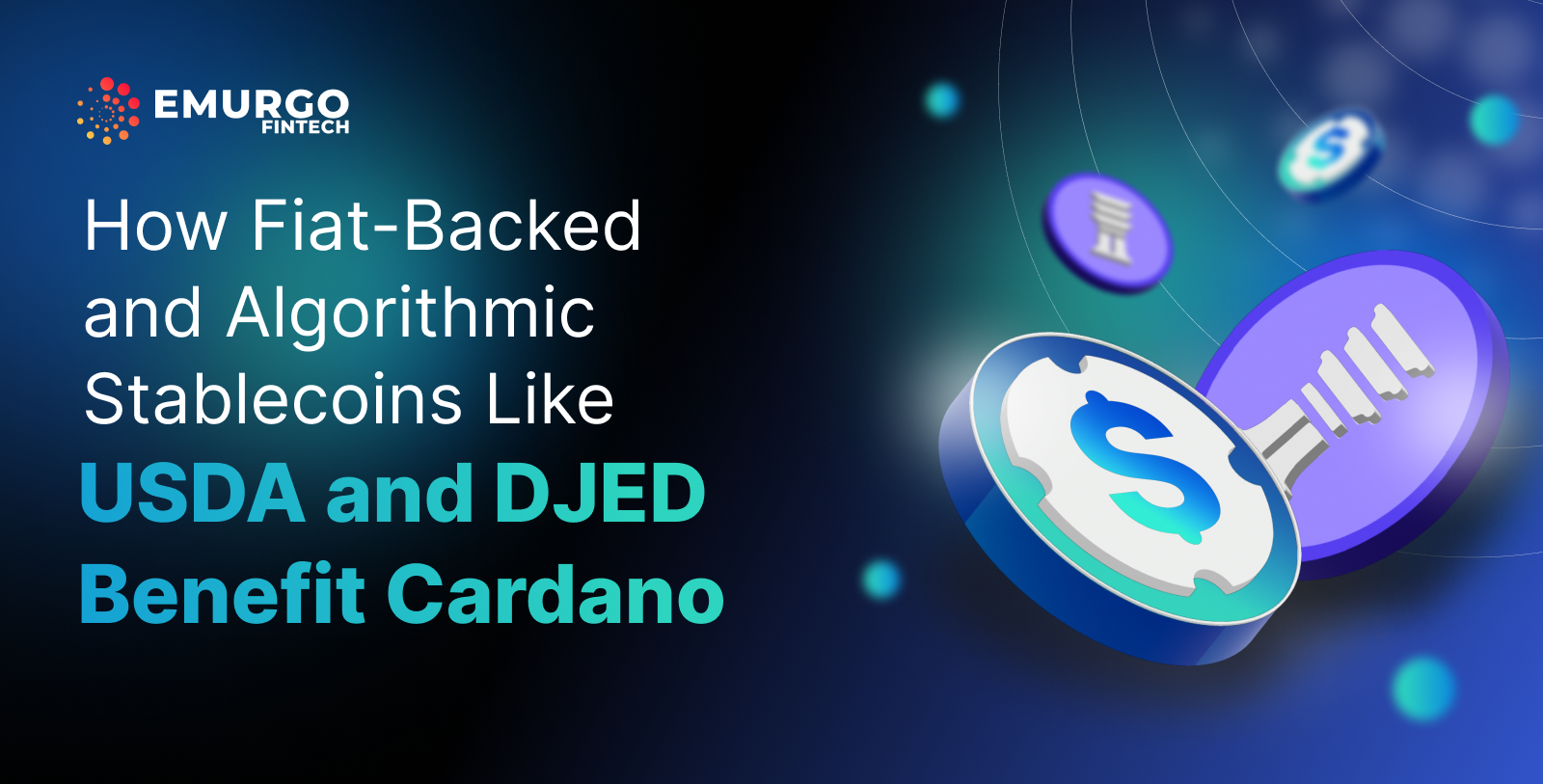
Sign Up Now & Upskill Your Career With New Opportunities!
To sign up for EMURGO’s Foundations of Blockchain program (new starting dates) – please sign up now at the form here and receive special competitive prices!
More program details below!
What is Blockchain?
A blockchain is an ever-growing shared online ledger of records akin to a database.
The data inside the database is collected and stored within “blocks” which are linked to previous blocks like a chain.
These blocks are cryptographically signed, sealed, and securely linked to the previous block via a cryptographic hash.
Each block contains a timestamp, and transaction data.
The timestamp and the cryptographically generated hash serve to verify that the transaction data within the block is valid.
Each block except for the very first one (genesis block) contains the hash of the previous block, forming a chain, with each additional block reinforcing the ones before it.
These blocks are stored on numerous distributed computer nodes (servers) running identical software, hence making the blockchain network decentralized and distributed.
Blockchains can be either public and permissionless allowing any participant to participate in the functioning of the network, or private and permissioned which require access from specific administrators of the network to participate.
There are also hybrid public-private blockchain networks as well.
Currently, the rapidly growing awareness surrounding digital assets and cryptocurrencies have made more people interested in blockchain technology.
Blockchain technology and its cost-effective underpinnings has the ability to serve as a technological platform for a variety of services including decentralized finance (lending & borrowing), remittances, NFTs, crowdfunding, enterprise solutions, CBDCs, and many more.
What is a CBDC?
One of the main areas of interest regarding blockchain from the public sector has been Central Bank Digital Currencies or CBDCs.
“Central Bank Digital Currency” (CBDC) is used to refer to various proposals involving digital currency issued by a central bank managed by a nation state actor, basically a digital version of a nation’s existing fiat currency.
CBDCs have emerged as one of the most compelling blockchain use cases for the banking industry as well.
According to the Bank of International Settlements, over 70% of central banks are actively exploring digital currency implementation with various studies being done.
CBDCs would enable central banks to efficiently program their fiat currencies with certain conditions and stipulations in digital form while also reducing unnecessary friction from the use of outdated monetary systems.
Governments could more effectively keep track of currency usage by its citizens and enterprises and make it easier for them to deal with other digital currencies.
Please visit the link to learn more: The Rise of Central Bank Digital Currencies
In light of the ongoing COVID-19 pandemic, both the public and private sectors are recognizing the important demand for digital services which can more efficiently process transactions, verify data, secure records, and automate outdated systems.
This rapid shift towards a digital era, especially in the financial space by the public sector, allows CBDCs to:
– Improve financial access to the unbanked
– Offer a technically efficient solution without relying on the intermediaries such as private banks and clearing houses
– Provide real-time money transfers and payments across and within borders
– Prevent illicit activity via tracking and tracing solutions
– Maintain better records related to tax payments
– Combat crime through stricter anti-money laundering measures
– More easily influence and implement certain monetary policies according to economic needs
When it comes to CBDCs that are currently being researched and developed, there are two main types of CBDCs:
1) Wholesale CBDC: Used by financial institutions to buy and sell financial assets and would replace the current RTGS systems.
and
2) Retail CBDC: Used to pay for things, send money to other parties, and possibly to directly receive government incentives and subsidies.
Though CBDCs do not necessarily require a blockchain network to achieve its use case, a blockchain network can provide its own set of advantages due to its inherent advantages.
For instance, Cardano can be customized as a blockchain platform to accommodate a broad range of use cases, solving problems across multiple industry verticals including financial services, and identity.
How EMURGO Academy Can Meet Your Needs to Upskill Your Career & Become Blockchain-Proficient
As a global emerging technologies company providing custom-built solutions and a founding entity of the Cardano blockchain, EMURGO Academy is now providing a great opportunity for those interested in learning and understanding about the details of blockchain technology with our curated online course offering – Foundations of Blockchain (click link to learn more program details) – with flexible starting dates & times to cater to students’ schedules.
*Please note the starting dates in the link above will be updated.
Sign Up Now & Upskill Your Career With New Opportunities!
To sign up for the Foundations of Blockchain program – please sign up now at the form here and receive special competitive prices!
For more information, please contact narender@emurgo.in
Basic Foundations of Blockchain Program Details
Objectives
1) Give an introduction to blockchain technology from a design and development perspective.
2) Equip students with essential know-how of blockchain technology and its implementation.
3) Build awareness of blockchain technology use cases with live examples, assignments, and hands-on experiences.
Language – English
Length – 2 hours a day
Suitable Level – Beginner
Pricing
– Module 1 (Foundations of Blockchain with Cardano Overview) – USD $120
– Module 2 (EMURGO Certified Ethereum Developer Associate) – USD $450
– Module 3 (EMURGO Certified Ethereum Developer Professional) – USD $450
About EMURGO
- Official Homepage: dev.emurgo.io
- Twitter (Global): @EMURGO_io
- YouTube: EMURGO channel
- Telegram: EMURGO Announcements
- Facebook: @EMURGO.io
- Instagram: @EMURGO_io
- Medium: EMURGO Announcement
- LinkedIn: @EMURGO_io



